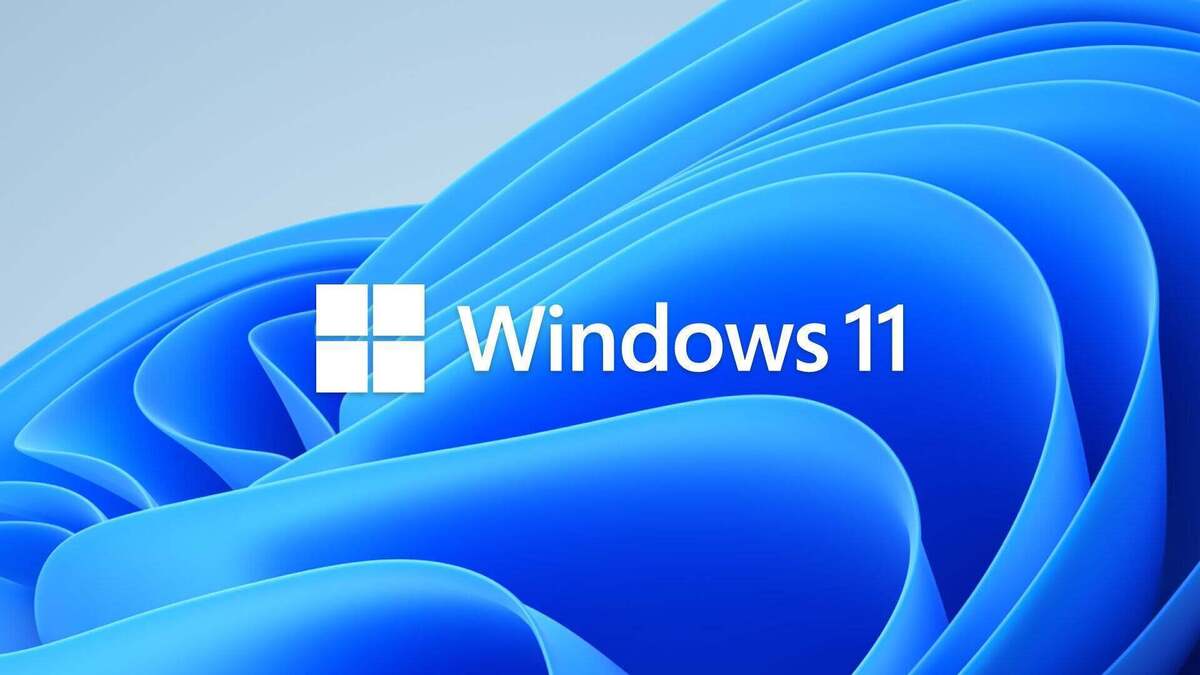[ad_1]
Microsoft today said the shipping version of Windows 11 22H2 has been released to its Insider channel, signifying that the release to manufacturing (RTM), will be generally available later this year.
In the meantime, corporate IT departments can get a jump on testing out the version — Build 22621 — from the Windows Insider Preview Downloads website and begin validating it on systems with the proper hardware requirements.
Commercial devices enrolled in the Windows Insider Program for Business within the Release Preview Channel will automatically be offered Windows 11 22H2 as an optional update. Non-commercial Windows Insider devices can manually seek out Build 22621 via Settings > Windows Update.
Once an Insider channel subscriber updates a PC to version 22H2, it will continue to automatically receive new servicing updates through Windows Update (the typical monthly update process). Microsoft provides instructions on how to join the Windows Insider Program and join a PC to the Release Preview Channel.
In addition to commercial pre-release availability, Microsoft is also offering free support for organizations running the build, meaning IT shops can test the release, and their preferred deployment methods, while continuing to get support prior to availability. Microsoft has not specified when the next version of Windows 11 will arrive, though major updates have traditionally rolled out in October or November.
Steve Kleynhans, research vice president for Digital Workplace Infrastructure and Operations at Gartner, said the latest build of Windows 11 isn’t the “final release” in any real sense.
“This is a broader preview of the current build of the 22H2 codebase,” he said. “It is probably close to complete, but there is still likely to be some polishing and refinement in the coming months. Additionally, there are still some features that haven’t been released (like the Windows 365 pieces discussed back in April). Microsoft has a lot more flexibility in how it can deliver changes to the user experience without necessarily shipping a new build.”
It is interesting, Kleynhans said, “that Microsoft chose to move 22H2 to a broad preview this early — likely four months before it will be formally released. I suspect the hope is that enterprises will do some testing over the summer and potentially be ready to start broad deployments a little earlier than they currently plan.
“Most enterprises aren’t planning to do rollouts until well into 2023 — likely almost a year from now,” he said. “I suspect Microsoft would like to pull that forward to 1Q if at all possible.”
All that said, the current preview is “quite solid: and a lot more polished than the current 21H2 version, and because Microsoft is making it widely available, it shows a level of confidence on the company’s part that might entice some early adopters to take the plunge,” Kleynhans said.
In recent months, Windows 11 adoption rates have tapered off to a trickle, according to recent data from computer monitoring software provider AdDuplex and others.
Released in October 2021, Windows 11 reached an “overall usage” of 19.7% in April, an increase of more than 10% since the beginning of December 2021. An additional 0.6% of users are on a Windows 11 Insider build, according to the latest data from AdDuplex.
The usage share of Windows 11 grew by less than 0.4% in April. That’s on top of less than 0.2% growth in March, according to AdDuplex.
While Windows 11 isn’t growing, Windows 10 21H2 added another 6.5%.
Microsoft has pushed to get users to upgrade to Windows 11, but the overwhelming majority have chosen to remain on the previous edition, which will continue to receive support until 2025.
Of the 80% using Windows 10, the largest number of users are on the two most recent updates, Windows 10 N21U (21H2), released in November 2021 (28.5%) and Windows 10 M21U (21H1), released in March 2021, (26.5%).
The remaining 25% are on five older iterations of Windows 10.
“For the most part, commercial customers are not really diving into the new OS, and we don’t expect to see much uptake there until 2023,” Kleynhans said.
“For most consumers who aren’t PC enthusiasts in some way, this is not really a high priority, and they won’t actively seek out the upgrade,” he said. “Until Microsoft starts forcing the upgrade, or at least more aggressively marketing it to users on eligible machines, things are bound to stall out a bit. I suspect we will see Microsoft start marketing the update more aggressively over the next few months and really start to push it in the fall.”
For its part, Microsoft said it has seen strong demand for Windows 11 with people accepting the upgrade offer to the OS at twice the rate the company saw for Windows 10, according to a January blog post by Panos Panay, Microsoft’s chief product officer for Windows and Devices.
Copyright © 2022 IDG Communications, Inc.
[ad_2]

Leave a Reply